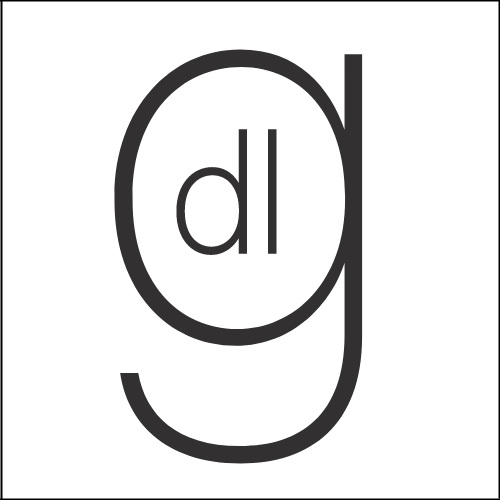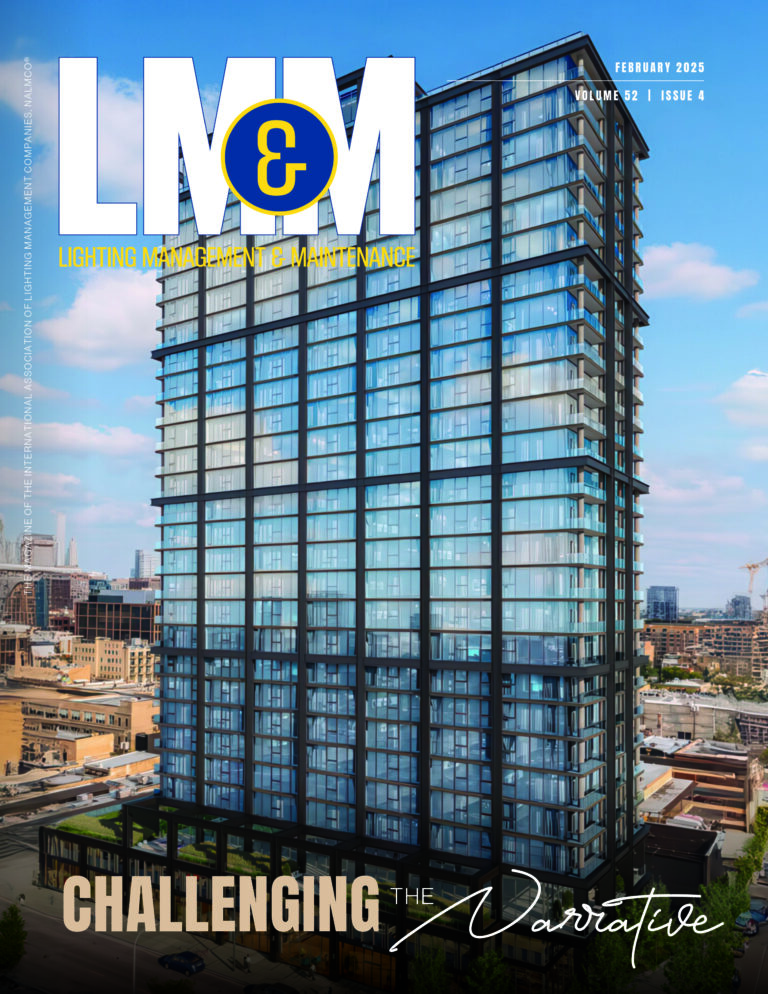Piscataway, NJ, USA– January 19, 2024 – The TALQ Consortium, which developed the Smart City Protocol, a global interface standard for smart city applications, has announced further officially TALQ-compliant products. The TALQ-certified products include Central Management Software (CMS) and Outdoor Device Networks (ODN; Gateways) for various smart city applications from 42 different vendors globally. Certifying their products in line with the Smart City Protocol standard allows manufacturers to offer interoperability with products of other vendors. Furthermore, the growing number of TALQ certifications offers a broad choice of systems to cities and municipalities and the opportunity to avoid vendor-lock-in when investing in smart city applications, like Smart Street Lighting, Waste Management, Parking Solutions, Environmental Sensing or Traffic Control.
The TALQ Consortium, founded in 2012, has established a globally accepted standard for management software interfaces to control and monitor heterogeneous smart city applications. Since 2017, the TALQ Consortium has been verifying the correct implementation of its interface protocol (the TALQ Smart City Protocol) in numerous smart city solutions with a rigorous certification procedure. Around the world public tenders for a variety of smart city applications are increasingly including requests for compliance to standards.
This is one reason for a notable increase in the number of TALQ certifications in 2023. Manufacturers want to make sure that their systems are future-proof and allow interoperability with other market players.
The current 60 certified products implementing TALQ version 2 include 24 Central Management Software (CMS) and 36 Gateways (Outdoor Device Networks, ODN). The only reliable source to verify all officially TALQ-compliant solutions remains the Consortium’s website. There, visitors can also download ‘Capability Lists’ for each system.
“The TALQ initiative goes hand in hand with our overall strategy of developing and bringing to market an open system based on international standards. Within the lighting industry, we aspire to be best in class, and with TALQ we can move the needle a bit further while ensuring interoperability and openness. We strongly believe that an open system approach will be key now and in the future. Together with our partners, we want to develop the smart city approach, and TALQ is a key element and enabler.” says Daniel Unoson, General Manager of Seneco A/S.
Ken Cartmill, Vice President of Product Development at Liveable Cities, explains “Our certifications to the TALQ 2.5.0 Specification lowers our customers investment risk by offering a flexible platform that meets the ever-changing needs related to lighting controls, smart city sensors, and other smart technology applications. As a long-standing member in TALQ, we are proud to support the organizations goals of openness and interoperability in the evolving smart lighting market, and we believe ongoing investments in TALQ certification deliver meaningful value to our customers.”
“With openness and interoperability as part of our core values, we are very proud to have re-certified. The TALQ certification gives our customers peace of mind and future proof capability, ensuring they are not locked into a single vendor. In the Smart Cities market, with a myriad of data sources and platforms, this is particularly important to ensure that implemented systems are able to exchange data between each other in a standardised and easy way, without compromising quality or previous investments.” adds Paulo Reis, Customer Solutions Architect Manager at Schréder Hyperion.
“It is satisfying to see that the efforts of recent years have paid off and that numerous cities around the world are demanding TALQ as the protocol standard in their public tenders. In addition, members give us positive feedback that their own systems benefit from development against this global standard.” concludes Simon Dunkley, Secretary General of the TALQ Consortium.




